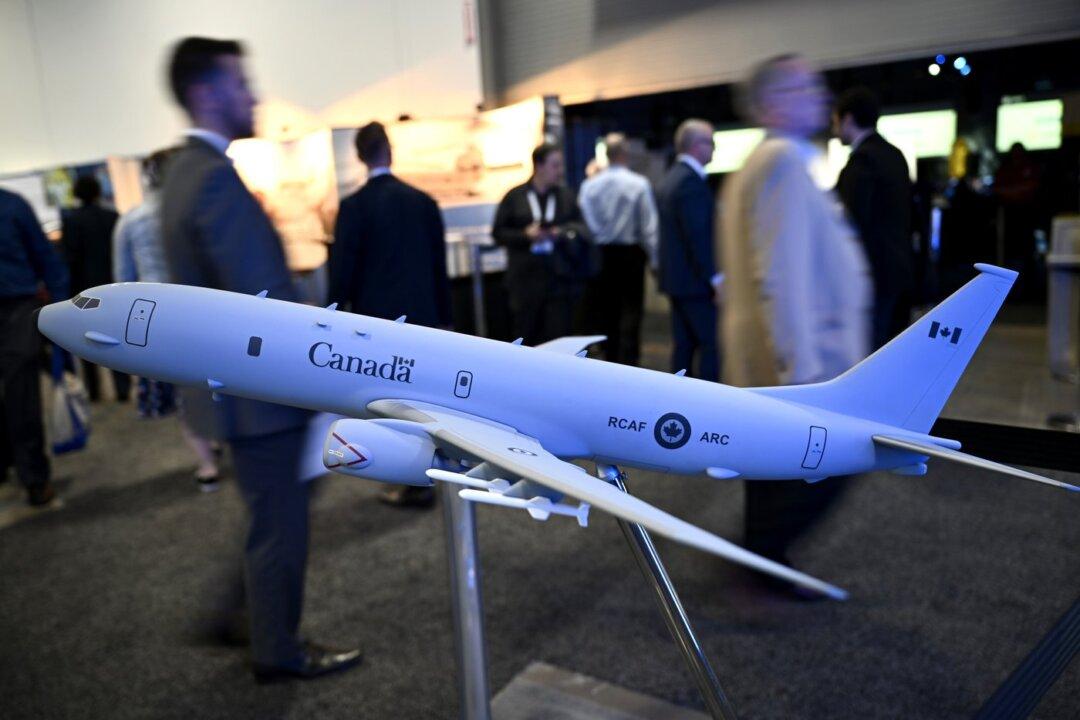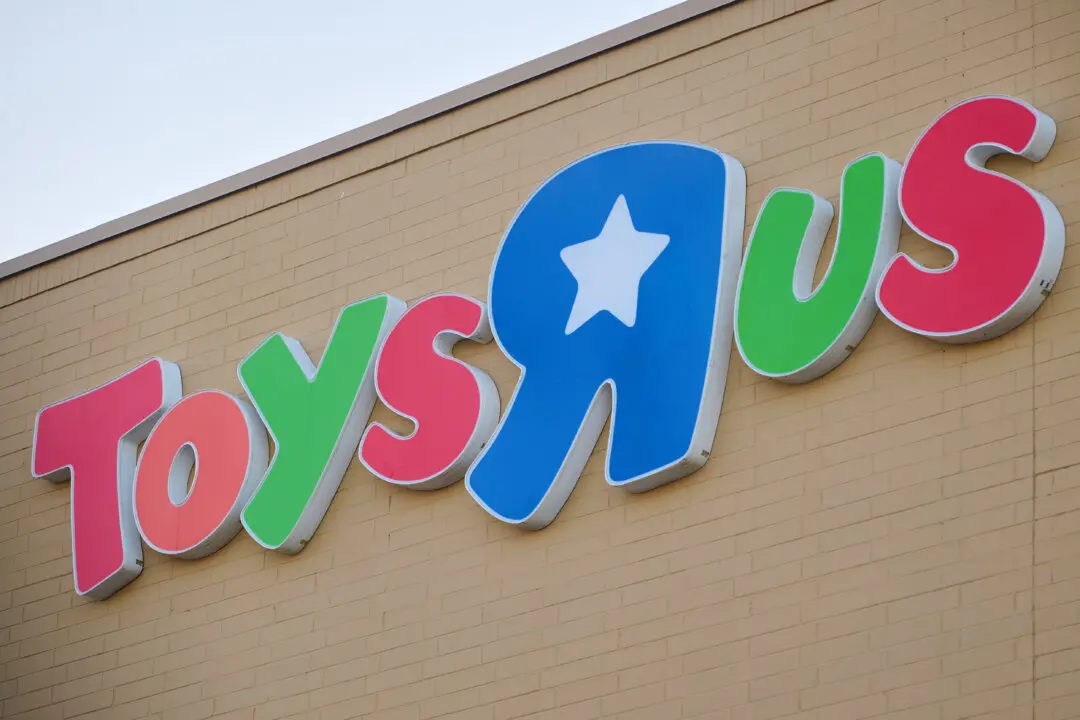The federal government is expected to announce on Nov. 30 that it has selected Boeing to replace the military’s aging patrol planes in a multibillion-dollar deal, according to three sources familiar with the matter.
The decision to go with a sole-source contract would close the door on Quebec-based business jet maker Bombardier, which has been pushing for an open bid.





